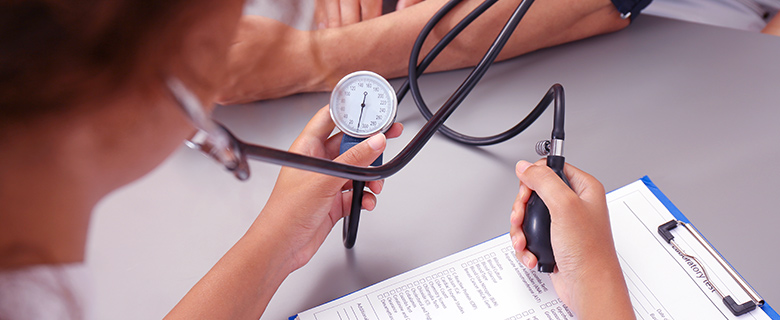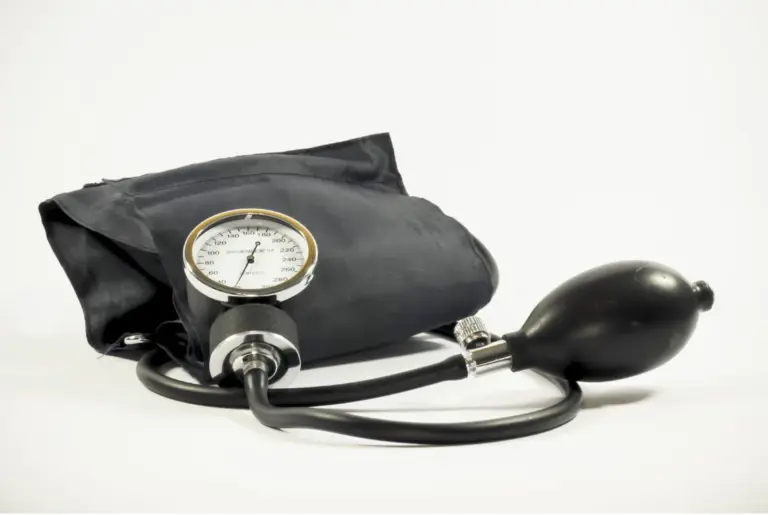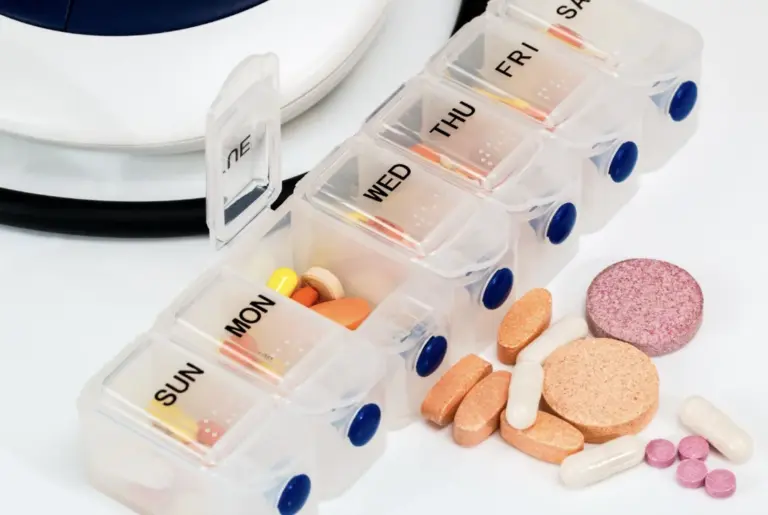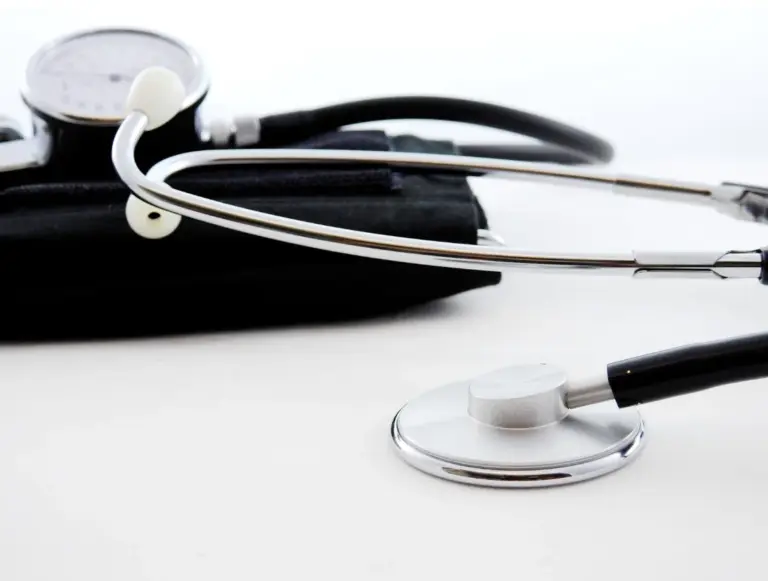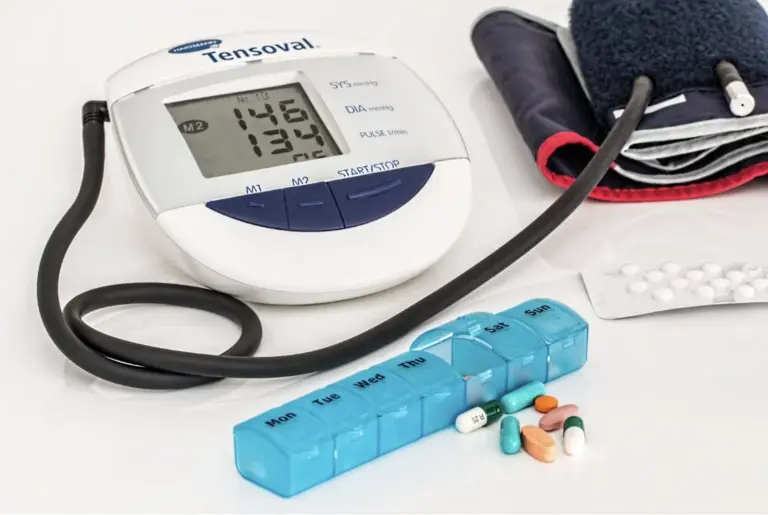As compared to hypertension of high BP, people still aren’t entirely aware of low blood pressure or hypotension as a serious medical condition. Abnormally low blood pressure has its own set of health issues. It’s best, therefore, to be well-aware about its causes, symptoms and treatments.
What Is Hypotension?
The normal range for blood pressure is 120/80 with the upper number being the systolic pressure and the lower number being the diastolic pressure. In case the blood pressure reads 130 mm Hg systolic or higher or 80 mm Hg diastolic or higher consistently over a period of time then it is diagnosed as high BP. In contrast, when the blood pressure reading is lower than 90 mm Hg for systolic pressure or 60 mm Hg for diastolic pressure it is generally considered low blood pressure.
Symptoms Of Low Blood Pressure
Some general symptoms of low blood pressure include
- Nausea
- Blurred vision
- Dizziness
- Weakness
- Loss of concentration
- Rapid and shallow breathing
- Weakened pulse
- Clammy skin
What are the Causes of Low Blood Pressure?
Generally, if the numbers fall below 90 mm Hg systolic and 60 mm Hg diastolic then it is diagnosed as low BP. Many factors can cause low blood pressure.
- Heart conditions such as low heart rate, heart valve problems, heart attacks or heart failure can cause low blood pressure.
- Dehydration can cause dizziness, weakness, and fatigue when the body loses more water than it gets and can cause low blood pressure.
- Pregnancy causes the circulatory system to expand rapidly and may result in temporary low blood pressure.
- Thyroid conditions, Adrenal insufficiency, Low Blood Sugar Or Even Diabetes in some cases can lower the blood pressure.
- Severe infection if it enters the bloodstream, can cause a life-threatening drop in blood pressure called septic shock.
- Blood loss due to an accident or major injury or internal bleeding reduces the amount of blood in the body leading to low blood
pressure. - Severe Allergic Reactions to medicines, certain foods, insect bites, etc. can trigger breathing problems, hives, swelling in the throat
and a significant drop in blood pressure. - Insufficient intake Of B12 and folate decreases the production of red blood cells causing anemia which may result in low blood
pressure.
Also, certain medications such as diuretics, alpha-blockers, beta-blockers, Parkinson’s disease drugs, some anti-depressants or drugs intended for erectile dysfunction can cause low blood pressure levels.
Types Of Low Blood Pressure
Low blood pressure is divided into different categories such as
-
Low Blood Pressure On Standing Up (Orthostatic Hypotension)
– When a person experiences a sudden drop in blood pressure after standing up from sitting or lying down positions. This can lead to dizziness, blurred vision or fainting
-
Low Blood Pressure After Eating (Postprandial Hypotension)</strong >
– In most cases, blood flows to the digestive tract after eating
food helping maintain normal blood pressure levels. But in some people (especially those suffering from Parkinson’s disease) this mechanism does not work -
Neurally Mediated Hypotension
– Occurs when the person is standing for a long time. This happens as there is faulty communication between the heart and the brain
-
Low Blood Pressure Caused Due To Damage To The Nervous System</strong >
– A rare condition which causes progressive damage to the autonomic nervous system and results in loss of control of functions such as blood pressure, heart rate, breathing and digestion
Who Is More At Risk For Low Blood Pressure?
Low blood pressure can happen to anyone, but a certain category of people are more at risk.
-
Age
– People above the age of 60 are more prone to experience a drop in blood pressure on standing up and after eating. Neurally mediated hypotension is mainly noticed in children and young adults
-
Diseases
– People suffering from diabetes, Parkinson’s disease and heart conditions are more at risk of low blood pressure
-
Medicines
– Individuals who take medications for controlling high blood pressure are also more at risk of low blood pressure
Low Blood Pressure Treatment
If you have low blood pressure but no symptoms then it generally does not require treatment. In case of visible symptoms like lightheadedness, fatigue, nausea or blurry vision, it’s best to consult your doctor and change your medication course. But if it is not clear what is causing low blood pressure then some basic changes can help revert your blood pressure to normal levels. They include
- Including more salt in your diet as sodium is known to raise blood pressure. But consult your doctor before changing your salt intake.
- Eat healthily and include vegetables, fruits, whole grains, lean chicken, and fish in your diet. Eating small low carb portions prevent blood pressure from dropping after meals.
- Drink more water as this will prevent dehydration and also increase blood volume.
- Relieve varicose veins pain and pooling of blood in your legs by wearing compression stockings.
- Get up from a prone or sitting position gently don’t sit with your legs crossed for a long time.
- There are medications to treat low blood pressure that boost blood volume as well as medicines that restrict the expansion of blood vessels which raise blood pressure.
Dizziness or lightheadedness may be minor problems but if they persist then consult your doctor and get your blood pressure checked. Severe low blood pressure needs to be taken seriously as it can deprive the body of oxygen and cause heart as well as brain damage. So keep track of your blood pressure readings and take timely steps/treatment to keep your BP in Control for a healthy life.
Note of caution: This article is for information purposes only. Always consult your doctor in case of any blood pressure-related troubles.
Disclaimer
The information contained in this article is to educate, spread awareness in relation to hypertension and other diseases to the public at large. The contents of this article are created and developed by BPinControl.in through its authors, which has necessary, authorisations, license, approvals, permits etc to allow usage of this articles on The Website. The views and opinions expressed in this article are views, opinions of the respective authors and are independently endorsed by doctors. Although great care has been taken in compiling and checking the information in this article, The Website shall not be responsible, or in any way liable for any errors, omissions or inaccuracies in this article whether arising from negligence or otherwise, or for any consequences arising therefrom. The content of this article is not a substitute for any medical advice. The Website shall not be held responsible or liable for any consequence arising out of reliance on the information provided in the article.
